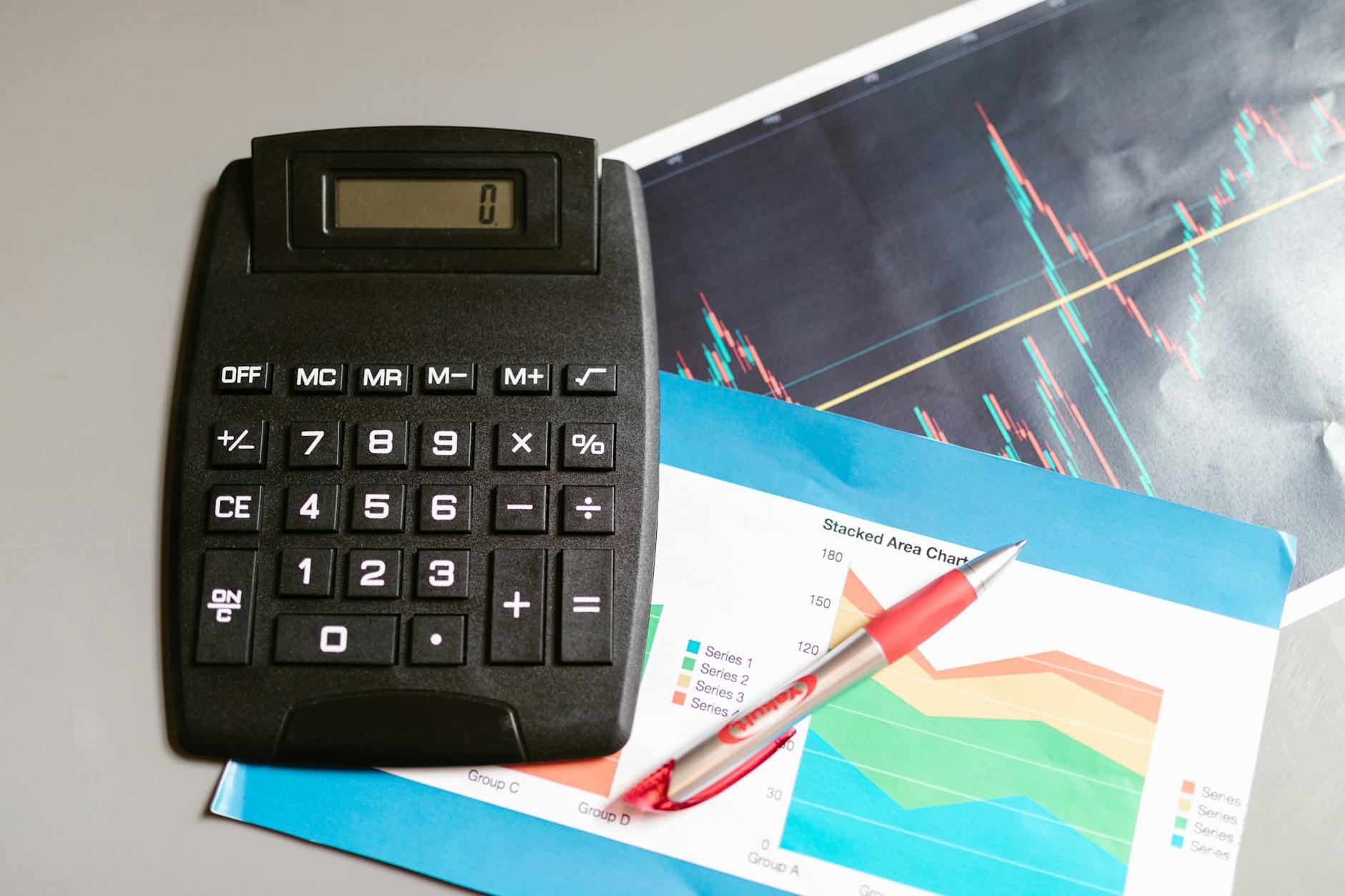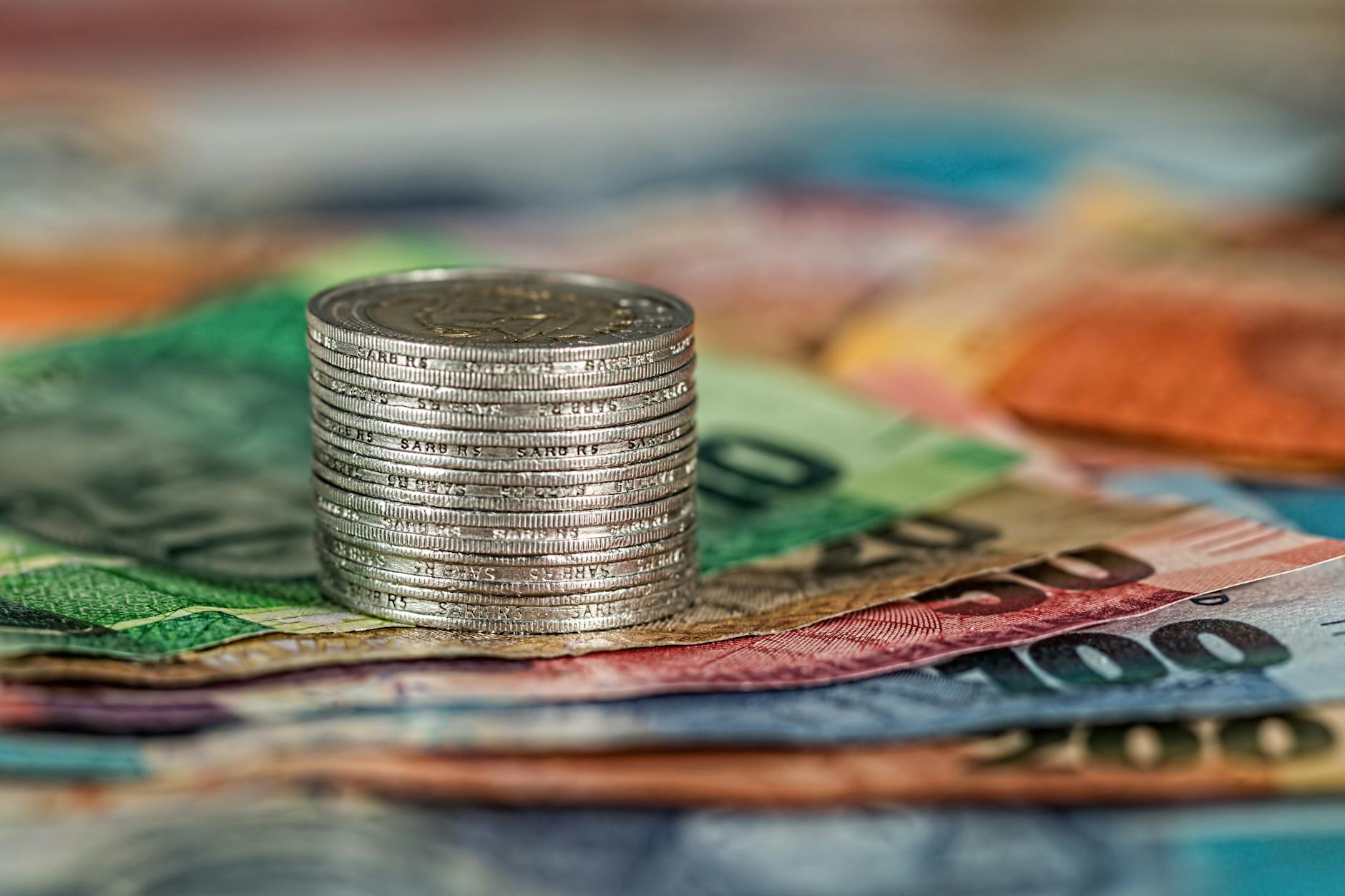How to Navigate Personal Finance as an Eco-Conscious Student in Australia

Managing Finances Wisely
For eco-conscious students like yourself, navigating personal finance effectively can seem like a daunting task. Yet, with thoughtful strategies, you can turn it into a tool for sustainable living. While enjoying the vibrant NewActon cultural precinct in Canberra, consider how the financial choices you make today can set the stage for a sustainable future.
Budgeting for Eco-Conscious Living
Crafting a budget with an eco-friendly mindset means aligning your spending and saving habits with sustainable practices. Opt for savings accounts with favourable savings account interest rates. These accounts not only aid your financial growth but also encourage mindfully setting aside funds. Tailor your budget to prioritise investments in renewable energy and sustainable brands, intertwining your financial goals with ecological responsibility.
Smart Financial Planning Tips
To plan smartly, consider diversifying your financial strategy using tools that reflect your values. Compare your available options to pinpoint savings accounts that align with both eco-friendly practices and your financial goals. Ensuring you compare savings accounts helps you identify where your money can grow most effectively, facilitating both personal and environmental prosperity. Keep your plans adaptable to adjust for any financial fluctuations or new eco-friendly opportunities that arise.
Savings Tools for Students
Students often find it beneficial to utilise various savings tools to maximise their resources. Look into term deposit rates which can offer stable returns on your savings and align your current expenses with future financial goals. Consider building financial strategies that facilitate a circular economy, such as saving for eco-friendly products that promote sustainability while developing financial security. Remember, effective financial management can be an empowering tool in your journey toward leading an eco-conscious lifestyle.
Choosing Eco-Friendly Banking
Choosing sustainable banking options is crucial, especially if you're studying at the Australian National University campus. When you seek a financial product, consider term deposits or a high interest savings account that align with your eco-friendly values. Sustainable banks often invest in renewable energy projects or provide green loans. This ensures your money contributes positively to the environment, all while securing your future.
Sustainable Bank Options
Finding a bank that prioritises sustainability can seem overwhelming, but Canberra's NewActon cultural precinct offers unique resources for those interested in environmentally friendly choices. Begin by researching banks that are B-Corp certified, which reflects their commitment to environmental and social issues. Another option is banks that support carbon offset programs, allowing you to actively partake in reducing carbon footprints.
Features of Green Accounts
Opt for accounts that offer eco-conscious features. Some banks provide digital statements, energy-efficient card materials, and carbon footprint tracking. These elements ensure your financial habits mirror your environmental ethos. Additionally, such accounts might include perks like discounts on sustainable products or access to green investing platforms.
Benefits of Ethical Banking
Embracing ethical banking has numerous advantages, especially as students engage with the nature trails at Mt. Ainslie. You are indirectly supporting climate-positive ventures, all while gaining competitive term deposit benefits. Make it a priority to compare term deposit rates to maximise savings while aligning with sustainable values. This adds a layer of integrity to your financial management without compromising eco-friendly principles.
Eco-Friendly Spending Habits
Reducing Carbon Footprint
As an eco-conscious finance enthusiast in Canberra, I'm always convinced that sustainable living starts with reducing our carbon footprint. One essential step involves analysing our daily commute and opting for walking, cycling, or taking public transportation to reduce emissions. You might even consider exploring the scenic trails of Mt. Ainslie instead of driving. Additionally, transitioning to energy-efficient appliances and reducing electricity usage at home both minimise environmental impact and save on utility bills.
Prioritizing Sustainable Purchases
In a world brimming with choices, prioritising sustainable purchases is crucial. When shopping, I like to prioritise brands renowned for eco-friendly practices and those using sustainable materials. Checking product labels for certifications like Fair Trade and Organic ensures you support ethical practices. Furthermore, embracing second-hand shopping at thrift stores and online platforms not only prolongs the lifecycle of products but also eases our financial strain. Keeping a close eye on your spending habits can be simplified with tools like a savings calculator to help track expenses and savings related to sustainable choices.
Embracing Minimalism
Emphasising quality over quantity is a principle that resonates deeply with me, especially when considering minimalism in spending. This approach involves consciously evaluating needs versus wants and decluttering both physical and mental spaces. Reducing unnecessary purchases means savings can accumulate faster, ideal for those keen on using a term deposit calculator to secure financial growth. Adopting this lifestyle in the vibrant locale of NewActon precinct allows for more meaningful experiences over accumulating material goods.
Challenges for Eco-Conscious Students
Balancing Budget and Sustainability
Navigating the financial landscape as a student can be challenging, especially when you're committed to sustainable living. Balancing your budget while prioritising eco-friendly options is vital. Begin by setting up a separate savings account dedicated to sustainable purchases. This practice not only helps track your spending but also encourages mindful consumption. With tools like budgeting apps, you can categorise expenses and identify areas to cut down on wasteful spending. Whether it's shopping at local farmers' markets or supporting sustainable brands, having a clear financial overview ensures your budget aligns with your values.
Identifying Greenwashing
The prevalence of greenwashing poses another hurdle. Companies may claim their products are environmentally friendly when in fact, they're not. To counter this, research is crucial. Look for certifications like Fair Trade, Organic, or Carbon Neutral, which indicate genuine eco-credentials. Engage with community forums or sustainability workshops at places like the Australian National University campus to enhance your understanding. This knowledge empowers you to make informed choices, ensuring that your purchases contribute to eco-conscious living without straining your bank account.
Tackling Sustainable Investment
Venturing into sustainable investments is another step toward financial and environmental consciousness. Consider micro-investing platforms that focus on green companies or ethical funds. These platforms allow you to invest small amounts, perfect for a student budget, while supporting companies that drive positive change. Engage with like-minded individuals in places like NewActon cultural precinct to discuss sustainable investing opportunities. Embracing these financial habits not only boosts your eco-conscious efforts but also equips you with valuable financial literacy skills.
Pitfalls to Avoid on Your Eco-Financial Journey
Ignoring the Impact of Small Expenses
It's easy to overlook the little expenditures when you're juggling university life at Australian National University, grabbing a quick bite in between classes or heading out for a night at the NewActon precinct. However, those small expenses add up, and addressing them is essential for eco-conscious banking. Consider carrying a reusable bottle instead of purchasing bottled water, and keep track of smaller transactions using budgeting apps. Cash back rewards credit cards often highlight these small expenses, helping you see where you can cut back sustainably.
Missing Out on Eco Incentives
Often, banks and financial institutions offer incentives to encourage sustainable choices, such as discounts for using digital statements or waived fees for electronic transactions. Being aware of these eco incentives not only benefits the environment but can ease your personal finance strategy. Ask your bank about savings opportunities that align with your eco-conscious goals and how you can leverage these.
Falling for Greenwashing Ploys
In the world of sustainability, it's crucial to be able to identify and avoid greenwashing. This occurs when companies present themselves as eco-friendly without meaningful actions to back it up. As a student navigating this landscape, particularly near the nature trails at Mt. Ainslie, develop a discerning eye. Research brands and look for certifications that indicate genuine sustainability efforts. This not only aligns with your values but ensures your spending contributes to a better planet.
Empowering yourself through awareness and mindful practices is the cornerstone of sustainable finance.


